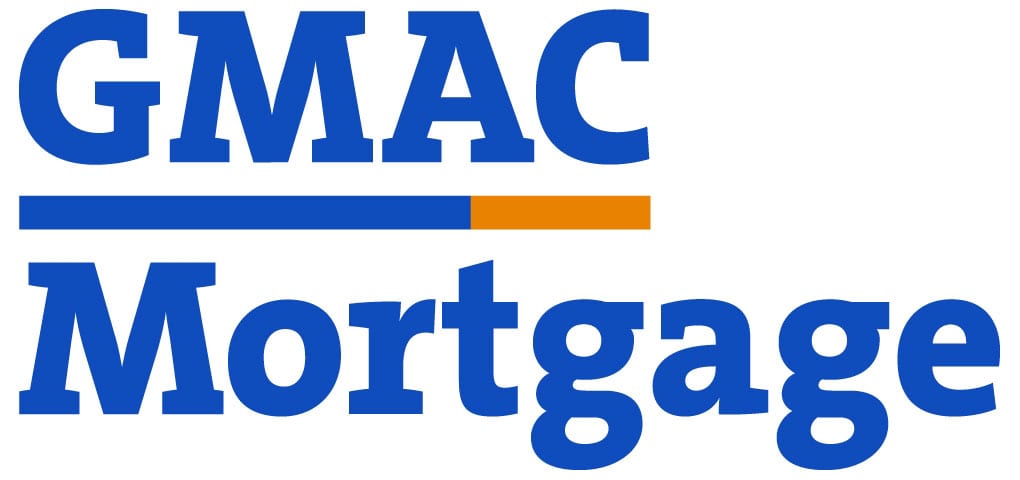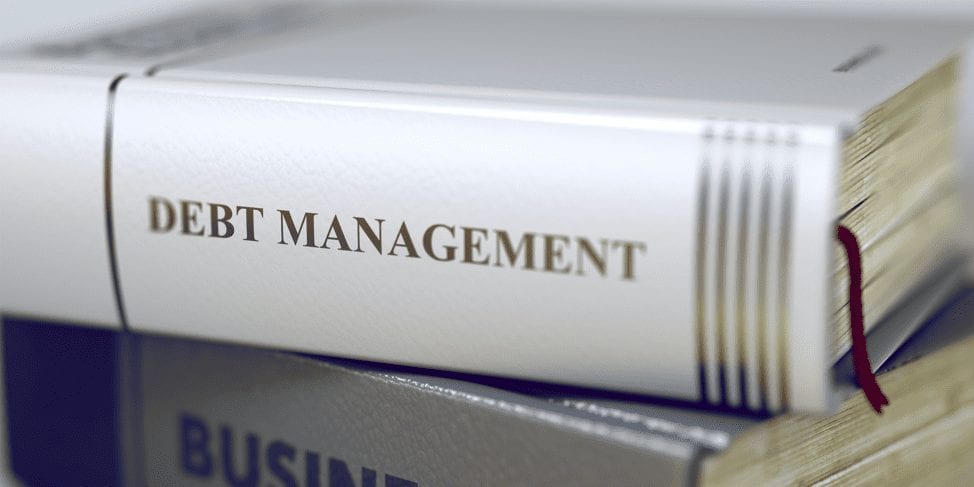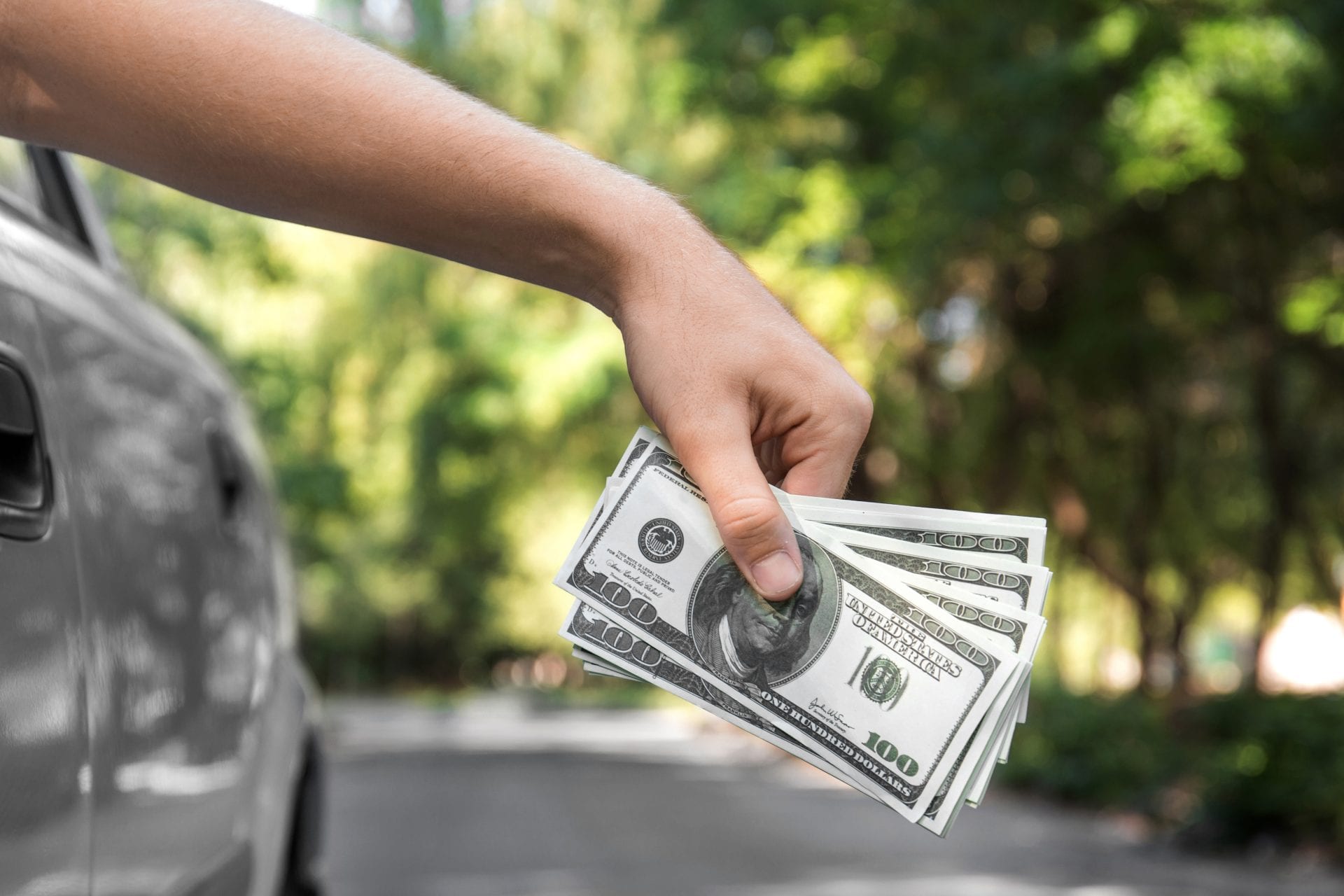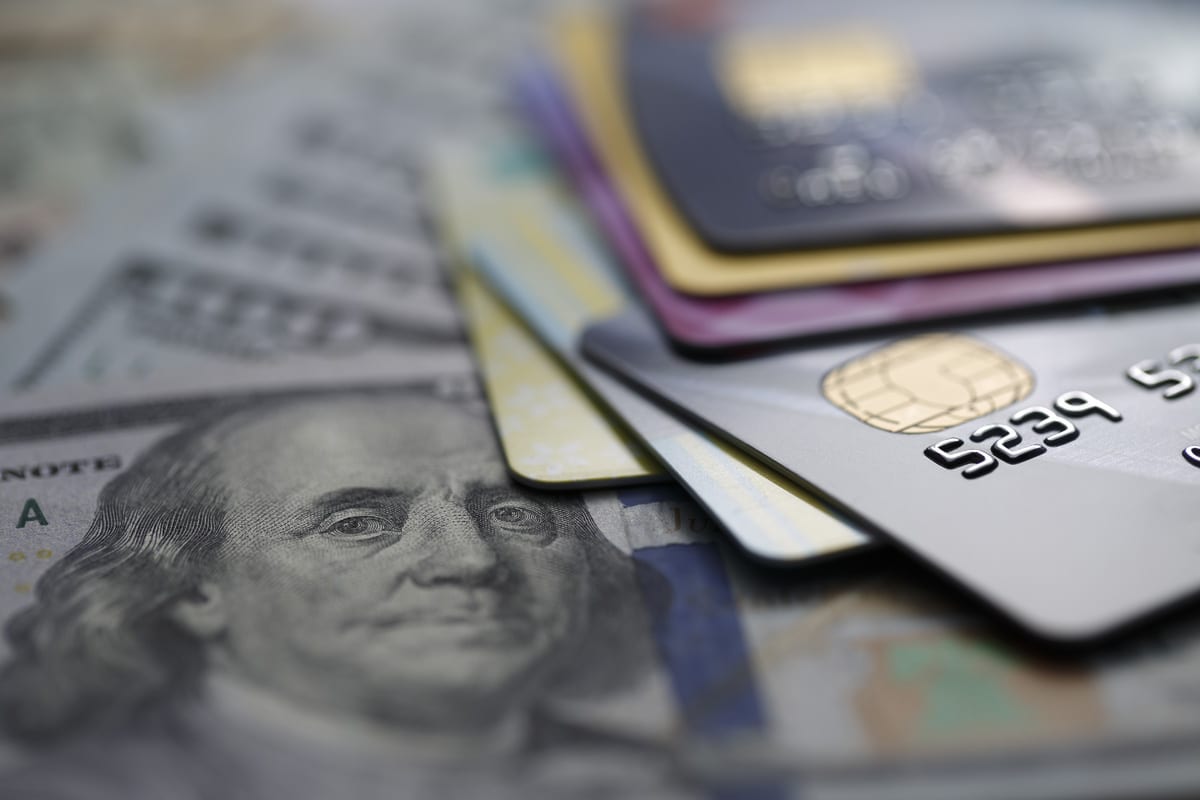Debt seems to be a word we’re all too familiar with these days. Americans are said to have an average of 38k in personal debt, and that doesn’t include home mortgages. Most households rely on credit cards to get by, but then quickly realize they are in over their heads when it is time to pay up.
Borrowing to make ends meet isn’t a new concept. According to the Federal Reserve Bank’s latest survey on Americans’ economic well-being, an estimated 76 million people, roughly 31% of adults say they are barely getting by or struggling to make ends meet. More and more, families and individuals are having to resort to debt settlement services, or in severe cases, bankruptcy, to get out from under the weight of oppressive debt.
From an overview, the American economy seems to be booming, but that perspective may be reserved for corporations. Corporations and shareholders seem to be raking in the most moola and paying the least in taxes. And while unemployment is low, wages are still stagnant. A meager 28% of people in the U.S. are considered financially healthy. So what are the most responsible solutions for those facing financial ruin?
What Is Bankruptcy?
Financial hardships aren’t necessarily caused by some catastrophic setback. It can happen from simply spending beyond your means and relying too heavily on credit cards to pay bills without the wherewithal to pay them back in a timely manner.
Through the bankruptcy process, individuals are afforded the ability to get a financial fresh start by discharging their debts, with the exception of student loans and taxes. There are varying degrees of bankruptcy that all serve their own purpose.
- Chapter 7 Bankruptcy – Chapter 7, otherwise known as liquidation bankruptcy, is the most common type of bankruptcy. This traditional form of bankruptcy is usually for individuals, but is also available for businesses in some cases. This is an excellent option if you want to eliminate debts like personal loans, credit card debt, medical bills or unpaid personal loans. However, Chapter 7 will not free of student loans, tax debt or back child support payments. Good candidates for Chapter 7 are those whose debt would take five or more years to pay back and if said debts, when added up, come to an amount that exceeds half of their yearly income.
- Chapter 11 Bankruptcy – Chapter 11 is typically for business owners or high net worth individuals. This provides an opportunity for debt reorganization and a clear path to repaying said debts, all while protecting their assets. In some instances, Chapter 11 can provide lien stripping services to help forgive a significant portion of the debt from the sale of properties in the estate. OakTree Law can help guide business owners through the complexities of Chapter 11, to lessen the burden of debt and protect the things you’ve worked so hard to achieve.
- Chapter 13 Bankruptcy – Also known as the ‘wage earners’ bankruptcy plan, Chapter 13 offers debt consolidation to homeowners that still earn a steady paycheck but have found themselves facing a sizeable burden of debt. Chapter 13 is especially useful for those that are trying to avoid foreclosure or that own multiple properties. If you aren’t attempting to fully erase your debt and have the means to pay it back, but need relief now, this may be a great way to protect your assets and regain control of your finances.
Of course, every situation is different. The best way to have a full understanding of what type of bankruptcy is best for your unique circumstance, you’d have to speak to an experienced Los Angeles bankruptcy attorney. OakTree Law has a staff of world renowned bankruptcy lawyers that can help you navigate the process and better explain your options.
What Is Debt Settlement?
Debt settlement is a form of debt forgiveness that allows consumers to pay off their debt at a discounted rate. Debtors can work directly with credit card companies or hire a third-party to consolidate their debt. The logic being, creditors would rather have some of the debt paid off now rather than wait a long period of time to get their money back. You may see multiple balloon payments, but the total sum would still be less than the existing debt.
Debt settlement companies may instruct debtors to make payments into an escrow account. Those funds will accrue to the point the settlement company has enough capital to successfully negotiate with creditors to settle the debt in its entirety.
Creditors may approve of this option if you are considering bankruptcy, which would mean getting little or no payments from you. Attempting to settle directly with your credit card company may be a safer avenue than seeking help from a debt relief company. Debt settlement companies have been prone to fraud, unforeseen expenses and headaches.
For the process to even work, your creditor must be open to settling your debt for a lesser amount. Debt settlement is usually a great option if you owe less than $5,000. But just like bankruptcy, debt settlement can have a negative impact on your credit.
Debt Settlement vs. Bankruptcy | How Will it Impact Your Credit?
The two common avenues a consumer may pursue debt relief is through Bankruptcy or debt settlement. But when weighing your options, what is the best approach without ruining your credit?
Simply put, for those that qualify, and there are always exceptions, bankruptcy will put the least amount of strain on your credit. The reason being is that bankruptcy resolves debts faster than going through a debt settlement company.
Individuals that file for Chapter 7 bankruptcy can start rebuilding their credit in a matter of months. Whereas, most debt consolidation companies fail to mention that it could take upwards of 4 years to clear up debt through negotiation and escrow accounts.
For instance, when you file for Chapter 7 most people will see a drop in their credit, but once the bankruptcy is complete, debtors can immediately start to rebuild their credit. This can happen in as little as 4-6 months. Institutions like Capital one offer credit cards to those rebuilding their credit proceeding bankruptcy. While the maximum amounts are typically low, it gives consumers the ability to start small, make on-time payments, and begin to prove their creditworthiness again.
What’s even more ideal about filing for bankruptcy is the ability to get car leases right after bankruptcy. This is just another opportunity to rebuild one’s credit. The same goes for an FHA mortgage loan. Debtors can begin to qualify for home loans after two years following bankruptcy. These varying avenues of credit afford bankruptcy survivors the ability to quickly rebuild their credit, given that payments are made on time.
While a bankruptcy can remain on your credit report for a maximum of 10 years, the further you get from the date of filing, the less it will affect your credit score. Your financial standing can start to turnaround in as little as a year. This isn’t typically the case when you opt for debt settlement through a third-party entity.
Know your options! If you are in debt and need solutions, you should contact the professional bankruptcy lawyers at OakTree Law. We can help you navigate bankruptcy and debt settlement in the most financially advantageous way. Call today: 562.219.2979








